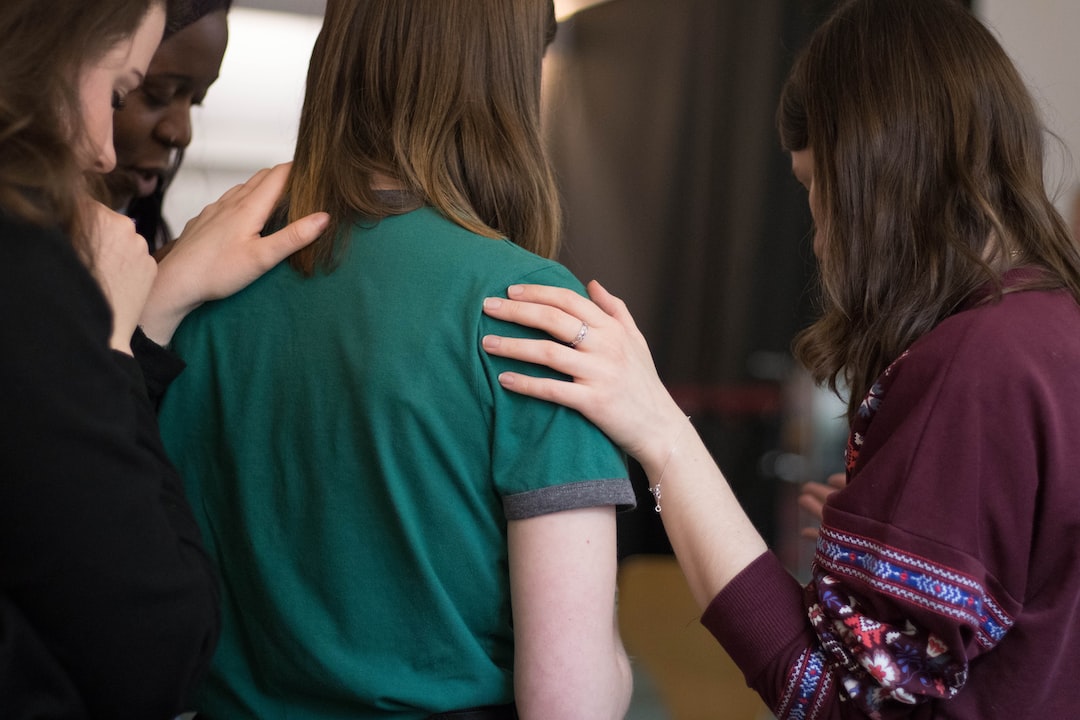Navigating Religious Differences: Fostering Dialogue and Understanding between Different Faith Traditions
In a world that is becoming increasingly interconnected, the need for dialogue and understanding between different faith traditions has never been greater. Religious diversity is a beautiful aspect of global society, but it can also be a source of tension and conflict if not handled with care. By fostering dialogue and understanding, we can break down barriers, build bridges, and create a more inclusive and harmonious society.
One of the key principles in navigating religious differences is the willingness to listen and learn from one another. Each faith tradition has its own unique beliefs, practices, and values that shape the lives of its followers. By being open to listening to different perspectives, we can gain a deeper understanding of the richness and diversity of religious experiences.
It is important to approach interfaith dialogue with respect and empathy. Recognizing that each person’s faith is deeply personal and holds great significance can help us avoid inadvertently causing offense or misunderstanding. By being respectful and empathetic, we can create a safe space for dialogue and establish a foundation for mutual understanding.
Education plays a crucial role in fostering dialogue and understanding between different faith traditions. It is essential to dispel misconceptions and stereotypes that can lead to prejudice and discrimination. Schools and educational institutions can play a significant role in promoting interfaith education by including diverse religious perspectives in their curricula. This can help students gain a broader awareness and appreciation of different cultures and faiths.
Interfaith gatherings and events are another effective way to foster dialogue and understanding. These gatherings provide an opportunity for people from different faith traditions to come together, share their experiences, and learn from one another. Such events can include panel discussions, workshops, or interfaith services where participants can engage in open and honest conversations about their beliefs and experiences.
Additionally, religious leaders have a vital role to play in promoting dialogue and understanding. They can demonstrate leadership by encouraging their followers to engage in interfaith dialogue, fostering cooperation and collaboration between different faith communities. Religious leaders can also serve as mediators in resolving conflicts and promoting peaceful coexistence.
Engaging in interfaith service projects can also help build bridges and promote mutual understanding. By working together on shared goals, such as community service or humanitarian projects, people from different faith traditions can learn to appreciate the shared values and the common ground that exists between them. These service projects provide an opportunity to put aside differences and focus on the importance of compassion, love, and service to others.
Technology and social media can also play a significant role in fostering dialogue and understanding between different faith traditions. Platforms like online forums, blogs, and social media groups can facilitate the exchange of ideas and experiences, allowing people from different backgrounds to connect and learn from one another. However, it is important to approach these platforms with caution, as they can also perpetuate misinformation and hostility. It is crucial to use technology responsibly, promoting respectful and informed dialogue.
Navigating religious differences can be challenging, but it is not an insurmountable task. By fostering dialogue and understanding, we can build bridges and create a more inclusive and harmonious society. It requires a commitment from individuals, institutions, and religious leaders to engage in respectful dialogue, dispel misconceptions, promote education, and work towards common goals. Together, we can celebrate the diversity and richness of our religious traditions and create a world where understanding and respect prevail.

